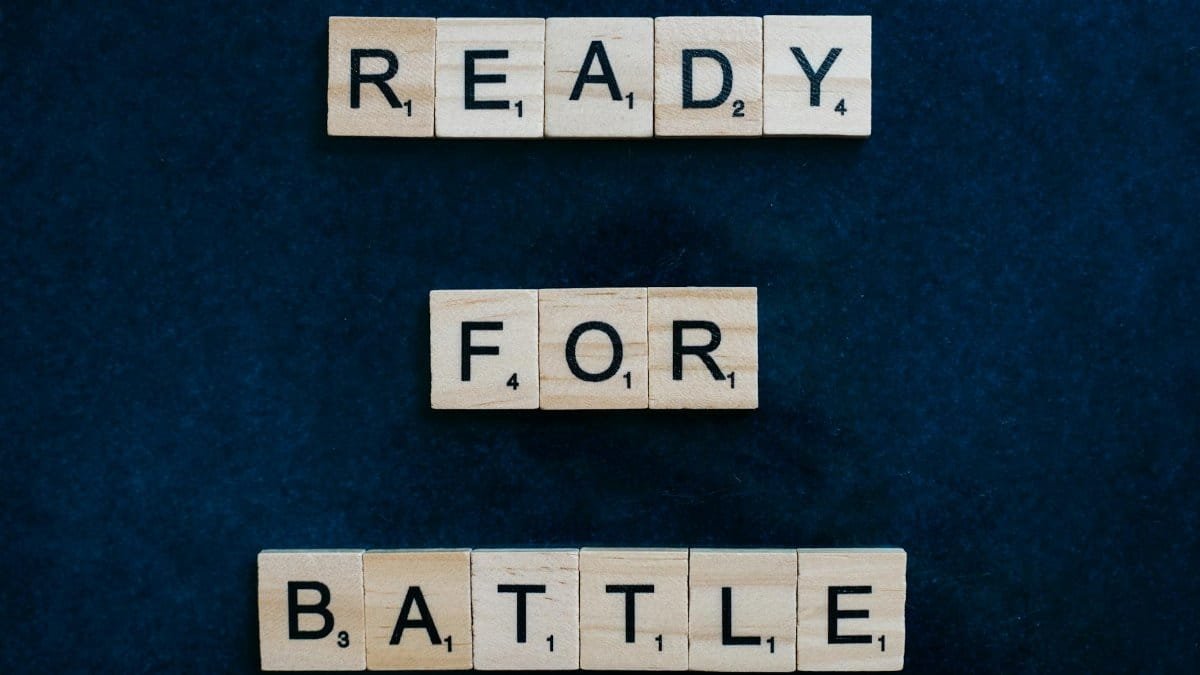Jimmy Fallon’s mental health journey is a stark reminder of Hollywood’s hidden toll. In a raw conversation on The Diary of a CEO, released June 2, 2025, the late-night host opened up about the crushing self-doubt and insomnia that plagued him after moving to Hollywood in the late 1990s. Before his breakout on Saturday Night Live in 1998, Fallon faced a barrage of rejection that left him feeling “worthless.” His story sheds light on the unseen struggles of aspiring creatives and the lifeline that therapy can provide.
Hollywood’s Harsh Welcome
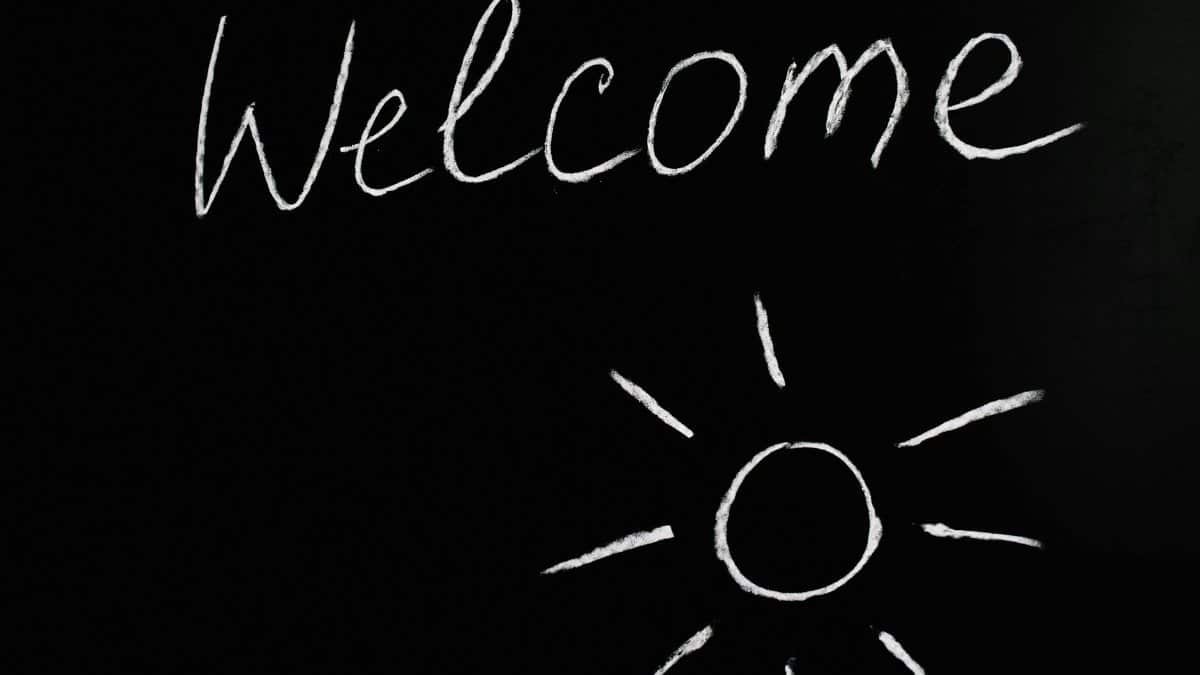
When Jimmy Fallon arrived in Hollywood in the late 1990s, he was met with a brutal reality. The dream of stardom quickly turned into a nightmare of self-doubt as he endured dozens of failed auditions. Each rejection chipped away at his confidence, leaving him grappling with a sense of worthlessness that he couldn’t shake. The competitive environment, coupled with the pressure to succeed, became a breeding ground for mental health challenges that many in the industry silently face.
Insomnia and Inner Turmoil

The constant rejection took a physical and emotional toll on Fallon. He revealed that insomnia became a nightly struggle, with sleepless hours spent replaying failures in his mind. This relentless cycle of negative thoughts deepened his feelings of inadequacy. For Fallon, the late 1990s were marked by a mental health crisis that went beyond mere disappointment—it was a profound battle with his own self-worth, one that threatened to derail his ambitions before they even took off.
A Turning Point with Friends’ Support
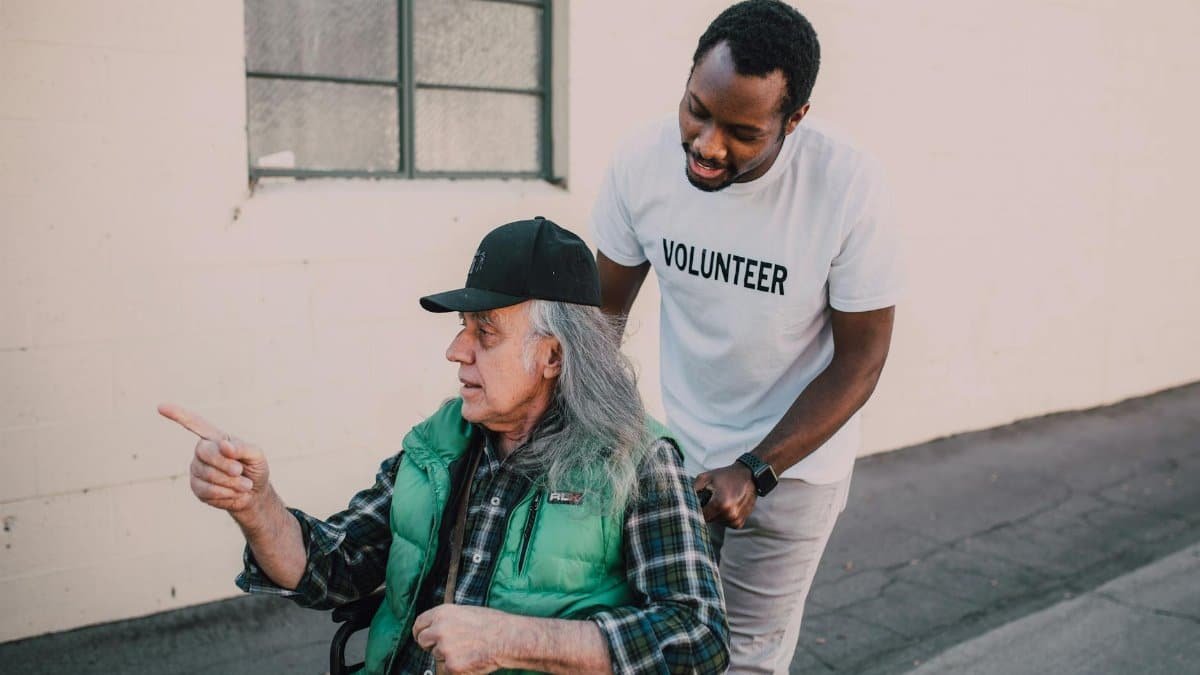
Fallon’s path to recovery began with a nudge from those closest to him. Friends, seeing his downward spiral, encouraged him to seek professional help. This intervention proved to be a critical moment. While he initially hesitated, their persistence pushed him to confront his struggles head-on. It’s a reminder of the power of community—sometimes, a simple act of concern from loved ones can be the catalyst for change in someone’s mental health journey.
Therapy as a Lifeline

Stepping into therapy marked a new chapter for Fallon. He specifically credited Cognitive Behavioral Therapy (CBT) for helping him reframe the negative thought patterns that had consumed him. CBT, a widely recognized approach for managing anxiety and depression, equipped him with tools to challenge self-doubt and rebuild his sense of self. For more on CBT’s effectiveness, resources from the National Institute of Mental Health offer detailed insights into its impact on mental health conditions.
Improv Circles and Confidence
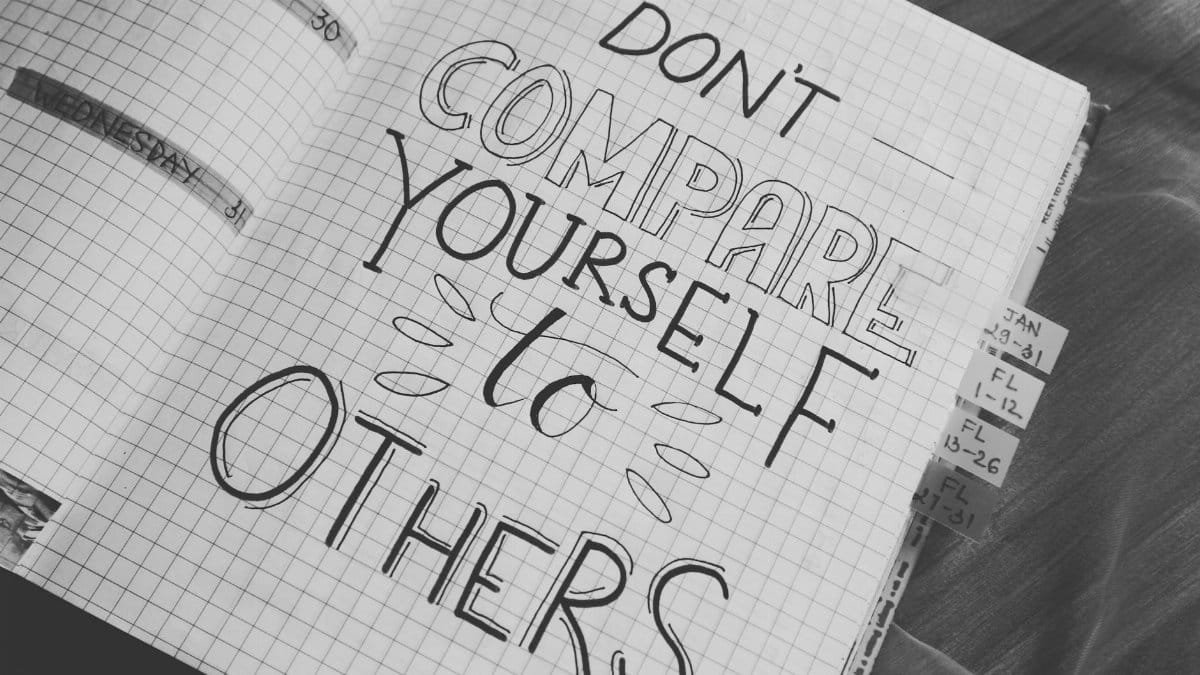
Beyond therapy, Fallon found solace and strength in improv circles. These creative spaces allowed him to reconnect with his passion for performance in a low-pressure environment. Improv became a form of therapy in itself, helping him regain the confidence that Hollywood had stripped away. By the time he landed his role on Saturday Night Live in 1998, Fallon had transformed his mindset, thanks to the dual support of professional help and artistic expression.
A Call to Normalize Counseling

Perhaps the most powerful takeaway from Fallon’s story is his plea to normalize counseling, especially for creatives. He emphasized that seeking help should not be seen as a weakness but as a vital step toward resilience. In an industry often defined by rejection and uncertainty, Fallon’s advocacy for mental health support resonates deeply. His message aligns with growing U.S. trends in 2025, where more individuals are prioritizing therapy, as noted by organizations like the American Psychological Association.
The Broader Impact of Fallon’s Story
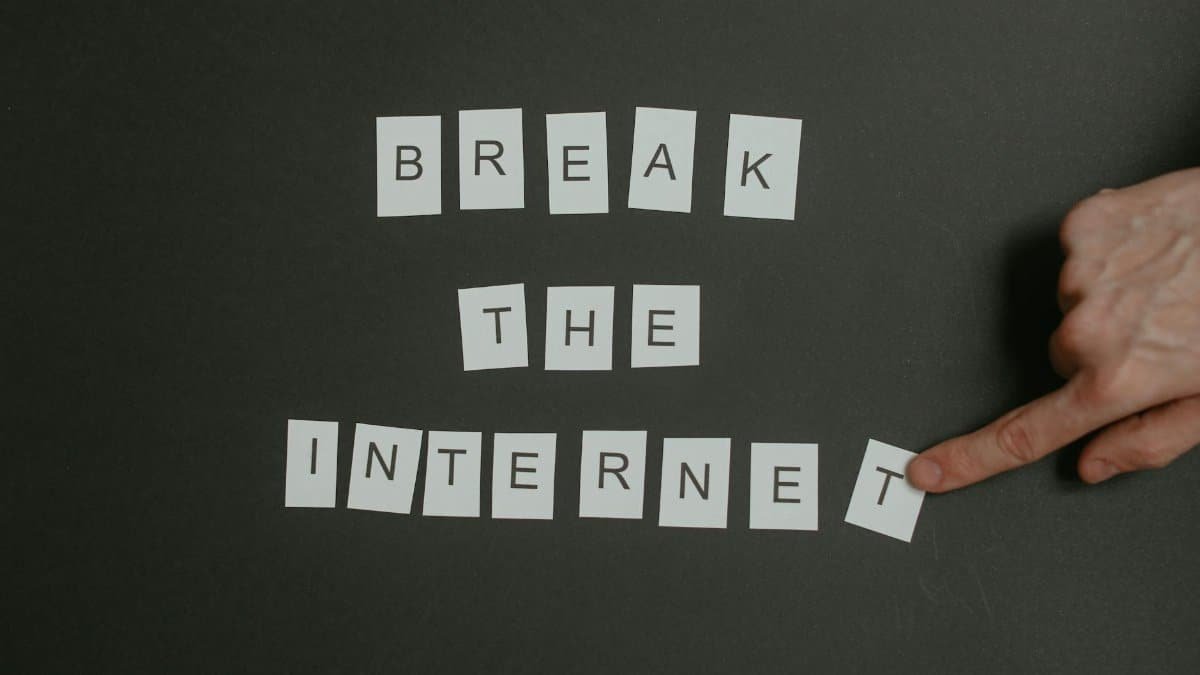
Jimmy Fallon’s mental health revelations go beyond a personal confession—they highlight a systemic issue within the entertainment world. Aspiring actors, writers, and performers often face similar battles with rejection and self-doubt, yet many suffer in silence. Fallon’s willingness to share his lowest points serves as a beacon for others, proving that success and struggle can coexist. His journey from despair to triumph on SNL underscores the importance of addressing mental health openly.
Why This Matters Now

In 2025, conversations around mental health are more critical than ever, especially in high-pressure industries like Hollywood. Fallon’s story adds a prominent voice to the movement to destigmatize therapy and counseling. For creatives navigating their own challenges, his experience offers both inspiration and a practical roadmap—seek help, lean on community, and find outlets for expression. Jimmy Fallon’s mental health battle isn’t just a celebrity anecdote; it’s a call to action for an industry, and a society, to prioritize well-being.
